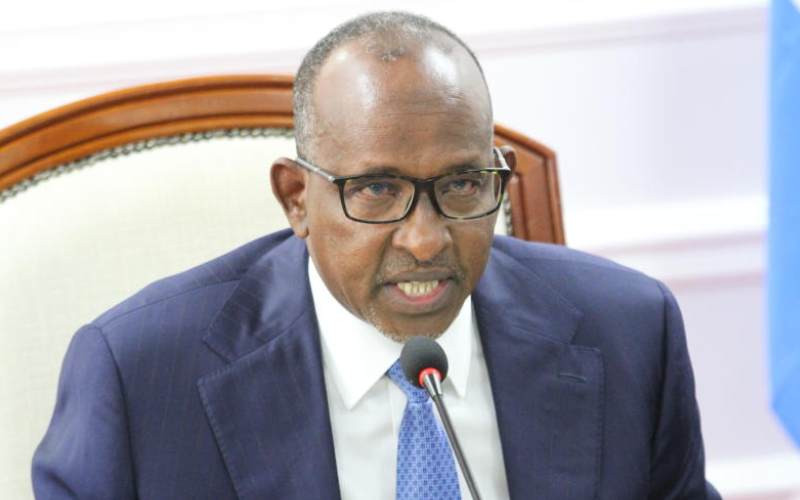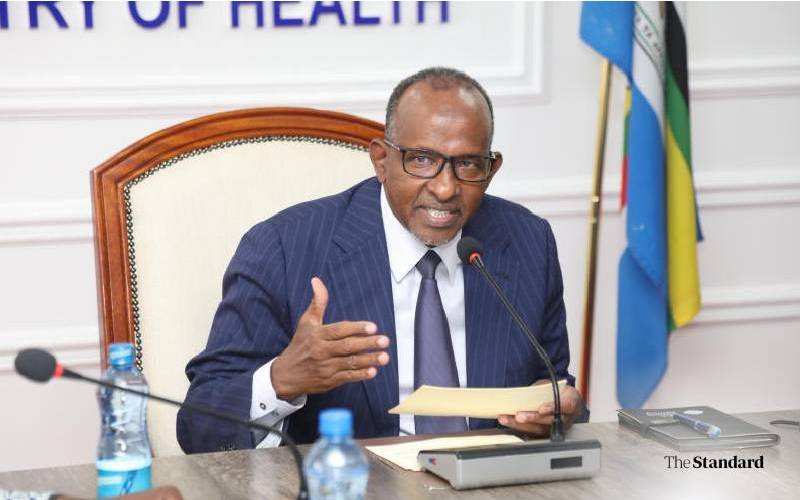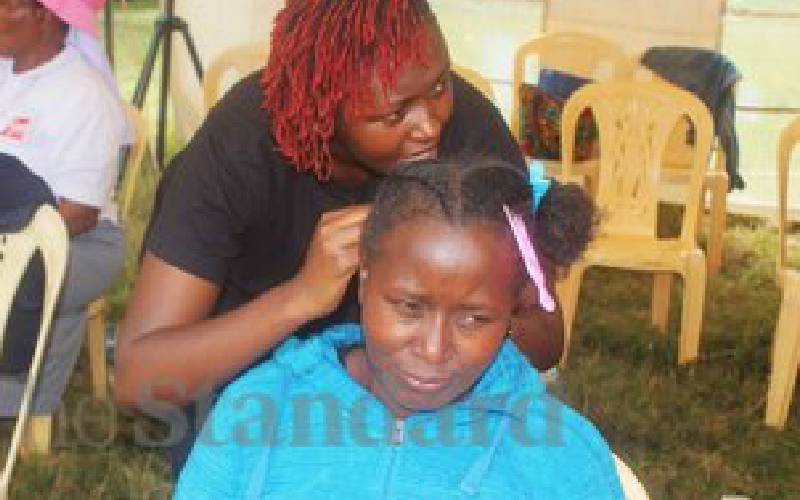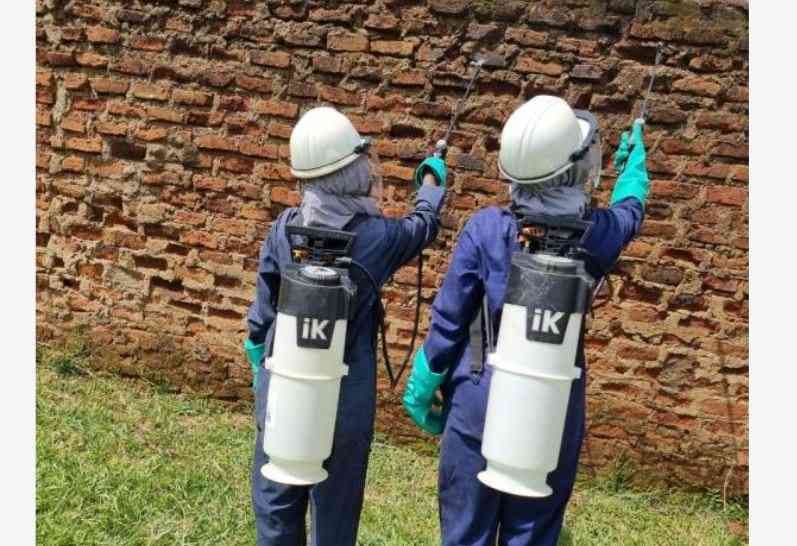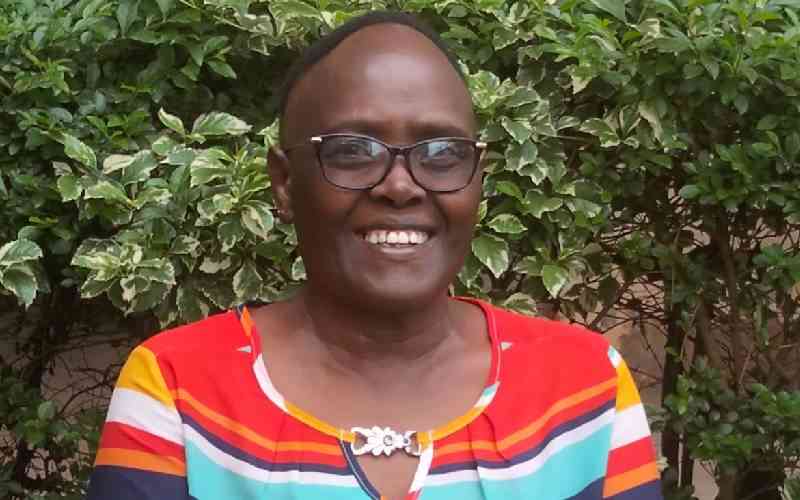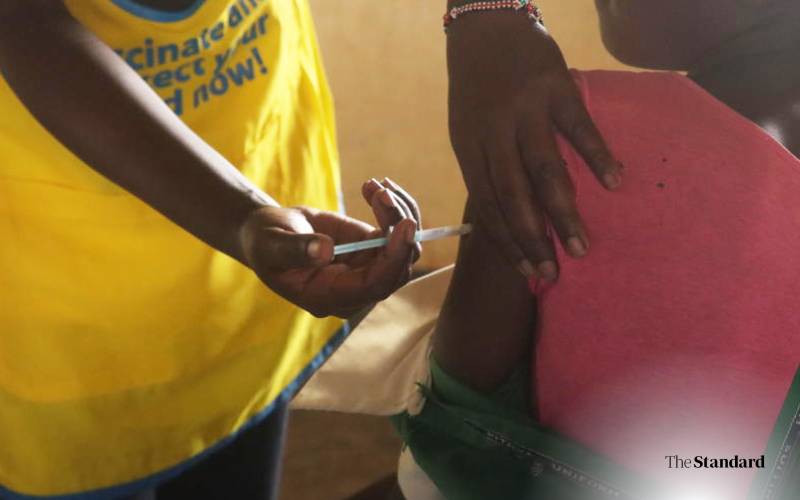
Counties in Northern Kenya continue to record alarmingly low uptake of the Human Papillomavirus (HPV) vaccine, with less than one per cent of eligible girls receiving the jab, despite a national rollout that began in 2019.
Health officials and local leaders now cite deep-rooted myths, religious misconceptions, and historic mistrust as key barriers to acceptance.
Data from the Ministry of Health presented by the Kenya Paediatric Research Consortium (KEPRECON) shows that while over 2.9 million girls aged 10–14 years have received at least the first dose of the HPV vaccine nationally, uptake in Mandera, Wajir, Garissa, Isiolo, and parts of Turkana remains critically low—some counties recording vaccination coverage of just 2 per cent or less.
During a meeting between KEPRECON and North Eastern region held in Nairobi, county officials, Muslim religious leaders, and health experts raised the alarm over the resistance to the life-saving vaccine that protects against cervical cancer, one of the leading causes of cancer-related deaths among Kenyan women.
Wajir County First Lady Rukia Abdinasir said widespread misinformation linking the vaccine to family planning continues to discourage parents from allowing their daughters to be vaccinated.
“Our people still believe the HPV vaccine is a form of contraception,” she said. “Because it targets girls aged 9 to 14, many assume it's meant to interfere with fertility. That myth has been hard to shake.”
Dr Hussein Iman, Director of Health and Sanitation at the Supreme Council of Kenya Muslims (SUPKEM), acknowledged past opposition to the vaccine by religious leaders but said the narrative is shifting.
- Ministry, governors clash over ghost workers in health payroll
- Diabetes, hypertension silent killers in rural areas - medics
- High Court halts health ministry's nicotine ban directive
- Busia, Mombasa, Nakuru lead as Mpox cases hit 137
Keep Reading
“There was a time we were sceptical,” said Dr Iman. “But those concerns have been addressed through years of dialogue with the Ministry of Health and medical experts. Now we are on board and committed to supporting the vaccine rollout.”
He emphasised the importance of using trusted religious networks to reach the grassroots. “In Northern Kenya, the mosque is not just a place of worship it is a platform of communication. Once our Imams begin promoting the vaccine, the message will spread fast and wide.”
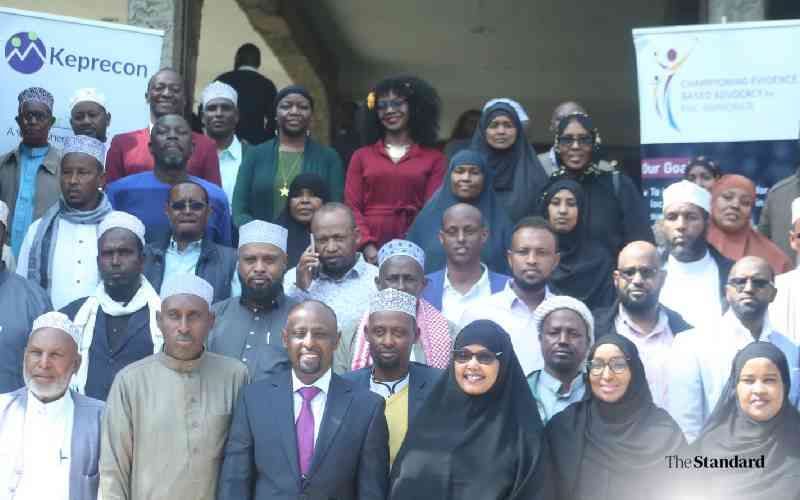
Mandera County Director of Health Services Dr Abdi Maalim confirmed that uptake remains under 1 per cent in the county. He attributed the low numbers to earlier failures in engaging community leaders during the vaccine’s introduction.
“The community trusts their religious leaders more than anyone else. When they were left out of the initial sensitisation, the vaccine was automatically met with suspicion,” Dr Maalim said.
He added that the logistical challenges of reaching remote populations and limited healthcare workforce also hinder vaccination efforts. “We have the vaccines, but not enough personnel to deliver them, especially in pastoralist and far-flung areas,” he said.
The HPV vaccine, introduced in Kenya in 2019, initially targeted 10-year-old girls but was expanded in 2021 to cover ages 10–14 years through a multi-age cohort strategy. However, national data shows that only 33 per cent of eligible girls had received the first dose by the end of 2023, and just 27 per cent completed the second dose.
In contrast, counties like Nyamira, Siaya, and Kirinyaga have achieved over 45 per cent coverage, according to Ministry of Health figures. Meanwhile, Northern Kenya continues to lag behind, prompting a call for region-specific intervention.
Mandera Deputy Governor Dr Ali Maalim Mahamud said mistrust of government programs, especially those involving vaccines, runs deep in Northern Kenya due to historical marginalisation and inadequate public engagement.
“When this vaccine was first introduced, it was not launched properly in our region,” he said. “People walked into clinics and were suddenly told their daughters would be vaccinated. There was no proper awareness. That bred resistance.”
Dr. Mahamud added that suspicions were further fuelled by past political struggles over population census data and reproductive rights.
“In our communities, decisions around health, especially for young girls, are sensitive. Any initiative that appears imposed without consulting community elders, religious leaders, or male guardians is viewed with suspicion,” he said.
He noted that the meeting with religious leaders marked a fresh start. “As far as I’m concerned, this is the real launch of the HPV vaccine campaign in Northern Kenya.”
Dr Maalim warned that unless interventions are made, more women in Northern Kenya will continue to suffer and die from cervical cancer. “I am a practising gynaecologist. I have seen too many mothers present with advanced cervical cancer—where the only option is to remove the uterus. It’s tragic, because it’s preventable.”
Most cancer patients in the region are forced to travel over 1,000 kilometres to Nairobi for chemotherapy and radiotherapy due to a lack of specialised services in Northern counties.
To address these challenges, stakeholders at the meeting recommended an urgent scale-up of public education campaigns using local media, mosques, and community health workers.
The Ministry of Health was also urged to strengthen data collection and monitoring in underperforming counties and deploy more health workers to boost outreach.
“Vaccines are available, and they’re free in all government hospitals,” Dr Maalim said. “What we need now is awareness, trust, and the right messengers.”
Health experts emphasised that vaccinating girls before sexual debut is the most effective way to prevent HPV infection and cervical cancer later in life.
“One death is one too many,” said Dr Mahamud. “We know what causes this cancer, and we know how to stop it. There is no reason for any girl to die from something that’s preventable.”
 The Standard Group Plc is a multi-media organization with investments in media
platforms spanning newspaper print
operations, television, radio broadcasting, digital and online services. The
Standard Group is recognized as a
leading multi-media house in Kenya with a key influence in matters of national
and international interest.
The Standard Group Plc is a multi-media organization with investments in media
platforms spanning newspaper print
operations, television, radio broadcasting, digital and online services. The
Standard Group is recognized as a
leading multi-media house in Kenya with a key influence in matters of national
and international interest.

